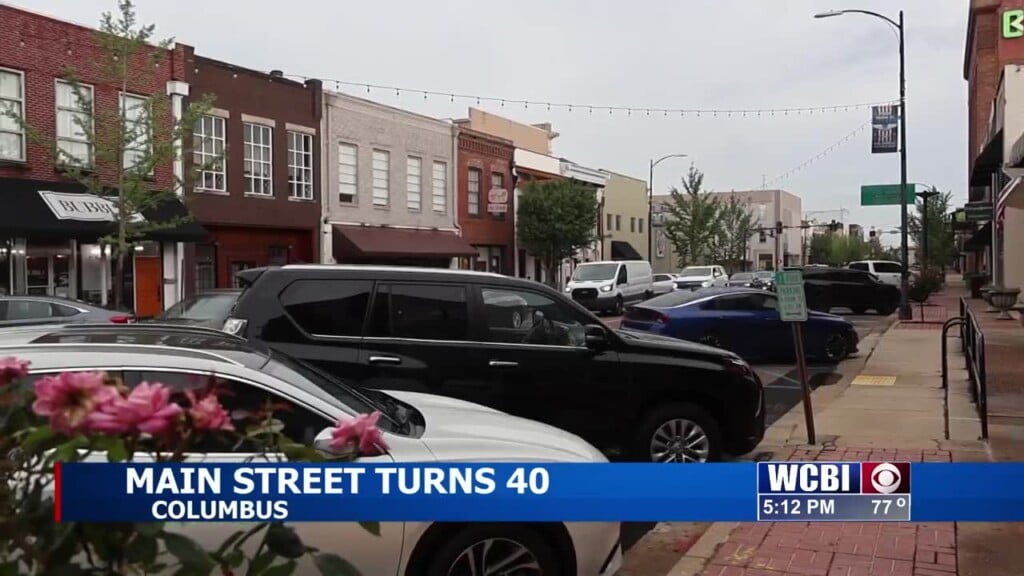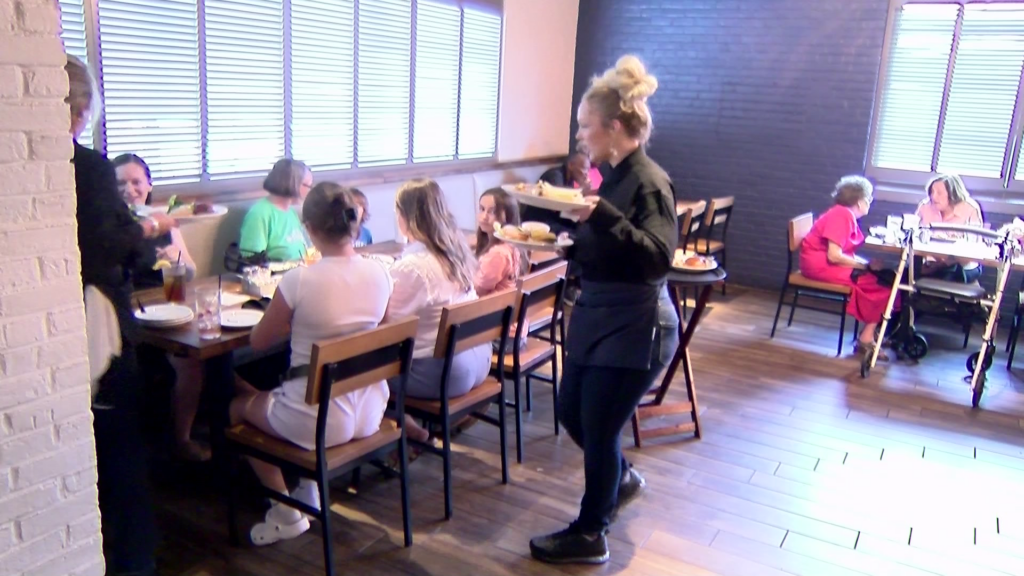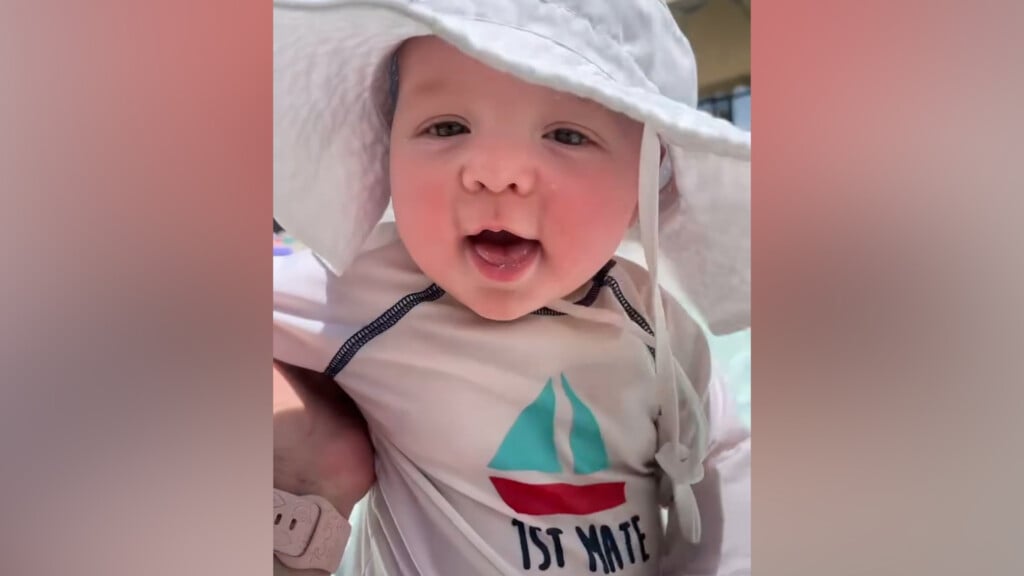High school students say about 20% of their peers are vaping
The e-cigarette giant Juul Labs is the central focus of a reported government investigation into marketing practices that target minors. On Wednesday, Juul CEO Kevin Burns unveiled the company’s answer to curbing youth vaping: an ID verification system that prohibits cashiers from selling to underage shoppers and places limits on the amount customers can buy.
“We think it’ll be a contributor,” Burns said, “in improving access and reducing the availability of people to get products.”
But three New Jersey high school students who spoke to “CBS This Morning” co-host Tony Dokoupil were skeptical whether the company’s new measures to keep its products away from teenagers will actually work.
“Whatever rules get in place, I think people will always find a way to get it,” Greg Puszcz said. “Like, they can easily just ask an older friend or whoever it might be. It’ll just create another obstacle for kids to jump over.”
Puszcz, Lauren Groff and Sebastian Gomez are incoming seniors at New Jersey’s Sparta High School. All three said they don’t personally use e-cigarettes or Juul but they have friends who are addicted.
“What are the symptoms of addiction?” Dokoupil asked them. “Other than just needing it constantly?”
“There’s this thing called ‘nic sick,’ which kids get,” Gomez said. “It kinda seems like a really bad flu, like, just out of nowhere. Your face goes pale, you start throwing up and stuff, and you just feel horrible.”
They couldn’t say for certain how many of their peers were vaping, but the students said they know it’s common, especially in younger students.
“It’s hard to tell exactly because kids can sneak around so much,” Puszcz said. “So maybe, like, 20%, about.”
“I’d say about the same,” Gomez said.
“I would say it’s more prevalent among the underclassmen,” Groff said. “Freshmen, sophomores and even eighth graders, I would say.”
To help combat underage use, Sparta is cracking down on students’ not-so-secret smoke breaks with hall monitors and sign-out sheets. And soon, the school will install sensors in its bathrooms and other locations that can detect vapor from e-cigarettes.
School Superintendent Michael Rossi said, when triggered, the detectors will send alerts to school security and administrators.
“So the principal might be 100 yards away, but they would get a note that, ‘Hey, there’s a problem in this bathroom. Check it out?’ Dokoupil asked.
“Correct,” Rossi said.
But the students doubt the system will deter their peers from vaping.
“I think kids will just learn to do it somewhere else,” Gomez said.
“If they’re knowledgeable of the installation of the system, I think they’ll find another place to Juul, which will be helpful for those of us who actually would like to utilize the restroom,” Groff said. “But I don’t think it will curb the use of Juul.”
They still thought 20% of their fellow students would be vaping.
“Yeah, because they’ll still be able to do it after school on their own time,” Puszcz said.
Gomez said most of the kids that he knows who use e-cigarettes aren’t using Juul anymore.
“There’s ones called disposables, and you see them right next to the Juuls in the convenience store. You don’t have to charge them,” he said. “… If Juul for some reason goes off the deep end, there are still these other ones that they’re using. It’s not just Juul anymore.”
Even though the students know teen peers who use Juul, they couldn’t specifically name any adults who use the product.
© 2019 CBS Interactive Inc. All Rights Reserved.





Leave a Reply